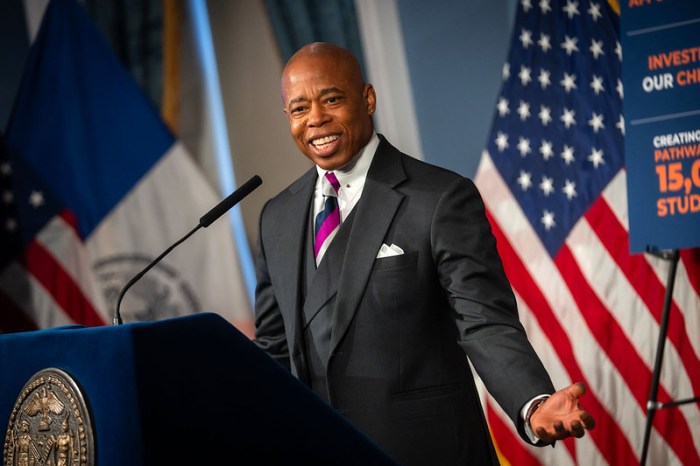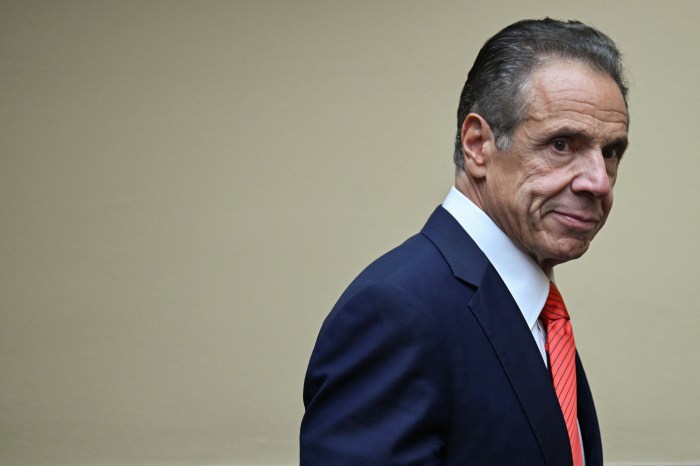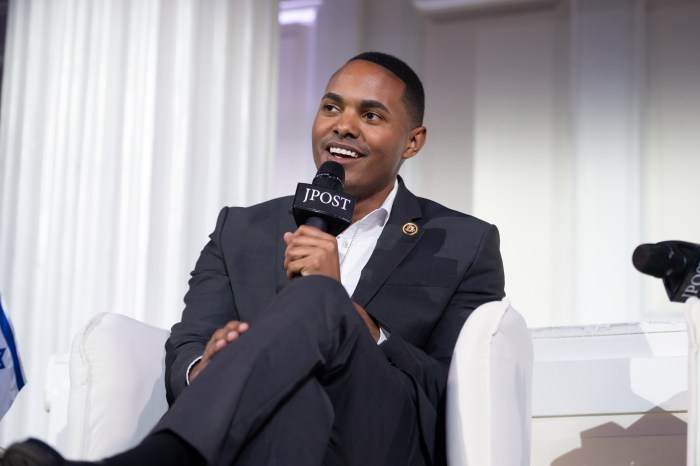The 2016 election has been anything but normal, but with recent campaign suspensions and large leads on both sides, it’s pretty clear who the nominees will be. Yet, some are still talking about the possibilities of contested, or brokered, conventions.
Here’s a guide to what a contested convention means and why it’s unlikely one will happen at either convention this year:
What is a contested convention?
A contested convention, also called a brokered convention, is when no single candidate secures a majority of delegates at the end of the primary elections and caucuses.
How many delegates does a candidate need to secure a majority?
A Democratic candidate needs 2,382 delegate votes to win a majority. A Republican candidate needs 1,237 delegate votes to win a majority.
Delegates will vote for the candidates at each party’s national convention when all the primary elections are done. Most delegates are pledged to candidates based on how each state voted, while some are unpledged and can vote for any candidate at the convention. Read more about delegates and the primary election process here.
What happens if there is a contested convention?
Once it is determined that no candidate has the majority necessary to be the nominee, the chairman of the convention would call another vote. The delegates would continue to vote until one candidate receives a majority.
The main difference between the first vote and any following votes is that states begin to release their pledged delegates, allowing them to vote for any candidate. Each state has its own rules, but once there is a second round, at least half of the delegates are free to vote for any candidate, as opposed to only 5 percent in the first round.
What is the chance of a Republican contested convention?
Donald Trump is the only candidate left in the Republican race, since Ted Cruz suspended his campaing on May 3, and John Kasich did the same the next day. This means there is little chance of a contested convention. Even though both Cruz and Kasich have won a certain number of pledged delegates that will still have to vote for them at the convention, Trump is expected to win the majority necessary to earn the nomination in the first round of voting.
Cruz and Kasich could also choose to release their pledged delegates so the vote would be completely unanimous for Trump. This would be in an effort to unite the party, but neither have said they plan to do that.
If Cruz and Kasich had remained in the race, could there have been a contested convention?
There was a chance for a contested convention with three candidates, but Trump still had a strong delegate lead and he was expected to win even before the others dropped out. Political analysts also said it would have been a challenge to stop Trump at the convention even if he didn’t reach the delegate count because the runner up would not have nearly as many votes as Trump.
Plus, rule 40b of the Republican National Convention, requires the party’s nominee to have won a majority, not plurality, of delegates in at least eight states, which only Trump and Cruz had done. The Rules and Order of Business Committee can change the rule when it meets before the convention starts, but without a contested convention, that rule won’t matter.
What is the chance of a Democratic contested convention?
While Sen. Bernie Sanders has recently been calling for a contested convention in a final attempt to beat Hillary Clinton, there is little chance it will happen. Sanders’s plan is to convince the superdelegates, or unpledged delegates, in states where he has won a majority to vote for him instead of Clinton. Currently, of the 719 superdelegates, 520 have said they will vote for Clinton and 39 have said they will vote for Sanders, as of May 4, 2016. But, even if he is able to convince all those superdelegates, the math is not on his side.
Even without the superdelegates, Clinton will likely win enough pledged delegates to reach the majority required for the nomination. According to NBC News, Clinton needs 35 percent of the rest of the pledged delegates to maintain her lead, while Sanders would need to win 65 percent to beat Clinton. Additionally, part of the purpose of superdelegates is to prevent contested conventions, and they are expected to vote for the candidate with the most votes, which is Clinton. Even President Barack Obama did not have enough pledged delegates to win the majority in 2008, but with the help of superdelegates he became the nominee.


































